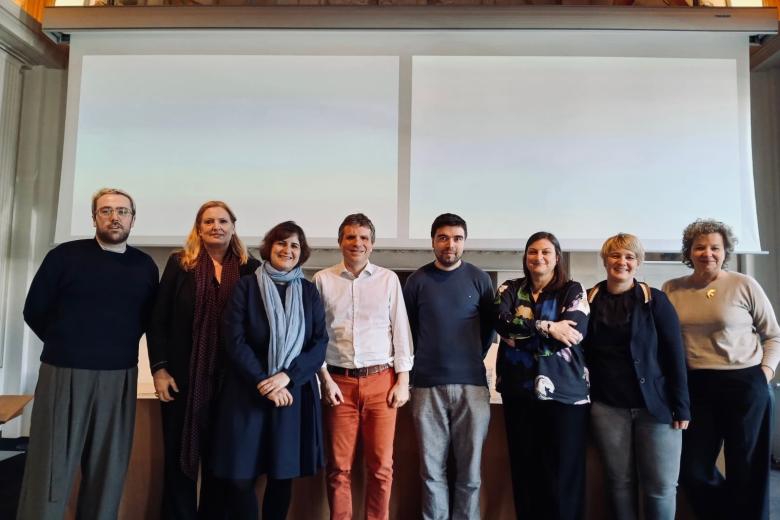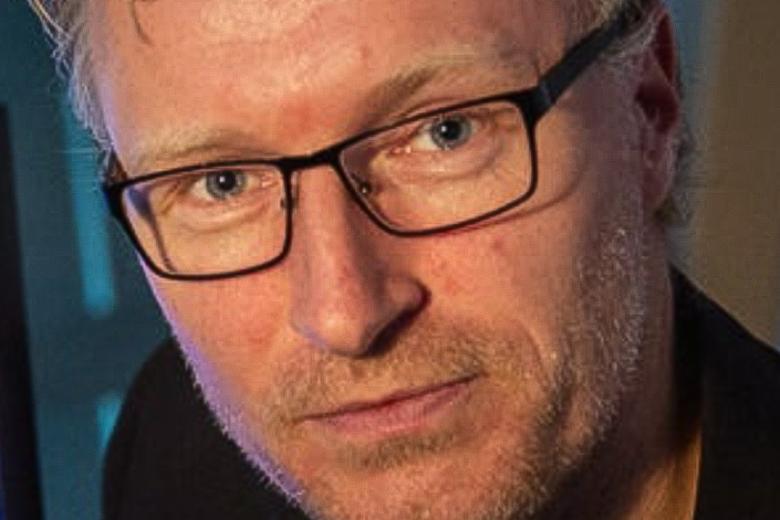Climate change - UM sharpening rules on cooperation
In response to the societal challenges surrounding climate change, Maastricht University is sharpening its partner agreements. As an institution of higher learning, UM sees a role and responsibility for itself as a scientific thought leader, critical ally and role model. One of our goals is to stop cooperating with parties that obstruct the transition to a fossil-free, climate-neutral society - while at the same time encouraging cooperation with parties working on solutions.
Similar to governments, industry and the financial world, educational institutions are increasingly being questioned about their role in the transition to climate neutrality, often in the context of cooperation with the fossil fuel industry. UM is convinced of the urgent state our climate is in and recognises the need to act decisively to limit further damage. At the same time, we also see the complexity of the situation and the dilemmas we face as a society: acutely stopping the use of fossil fuels, for example, would collapse our entire food and healthcare systems, among other things. Phasing out is a process of years, even decades.
Dialogue
UM believes that the transition of these systems hinges on interdisciplinary knowledge development and transdisciplinary cooperation. In the coming year, we commit to a UM-wide dialogue in which we will reflect on our partnerships and our own activities at all levels. In doing so, led by our Sustainable UM 2030 team and in consultation with other colleagues responsible for sustainability, we will enter into a dialogue with education and research partners, suppliers, employees and students, as well as concerned citizens.
Triple objective
Sharpened rules regarding cooperation
First of all, we are going to encourage our partners to take an active part in the transition process in a stronger, less optional way. We will do this with sharpened rules on who we cooperate with:
- Cooperation with parties that work against the transition will no longer be supported. We will investigate internally exactly which parties this applies to.
- We remain open to cooperation with parties that are actively working on transitioning, but are still part of the fossil fuel system, especially if no alternatives are available. In these cases, there must be a clear plan that demonstrates how the cooperation will help accelerate the transition.
- We encourage and actively seek cooperation with parties developing substantial alternatives to the use of fossil fuels.
Evaluate debate
Besides these stricter rules, we want to use our scientific insights to evaluate the ongoing societal dialogue and debate. As a critical ally, we can use our knowledge to make well-founded assessments of which steps in the process and which voices in society offer realistic solutions. In this way, we hope to bring more focus to the discussion and speed up the transition process.
Our own sustainability
Finally, we are working hard to make our own operations more sustainable and hope to act as a role model by doing so.
Next steps
The transition to a fossil-free, climate-neutral society is one of UM's main goals. In cooperation with Sustainable UM 2030 ánd the UM community the Executive Board will develop subsequent steps and concrete goals in the course of 2024, based on the findings in the coming year.
Also read
-
Jolijn: “During the day I study medicine. In the evening, I am on stage singing and dancing”
During the opening of the academic year, Jolijn van Vugt was singing and dancing on stage at Theater aan het Vrijthof. As a performer, to be precise. The 21-year-old medical student manages to combine her studies with singing and dancing at an advanced level. She dances at the Oxygen dance school in...

-
Globalisation & Law Network seminar with Damian Chalmers
On 4 November 2025, the Globalisation & Law Network had the honour of welcoming Prof. Damian Chalmers to discuss his paper “The EU’s Governing by Legal Shadows”.

-
Moles in your living room: using augmented reality in neurorehabilitation
How can you use digital moles to help patients with Parkinson's? Melvyn Roerdink explains.
